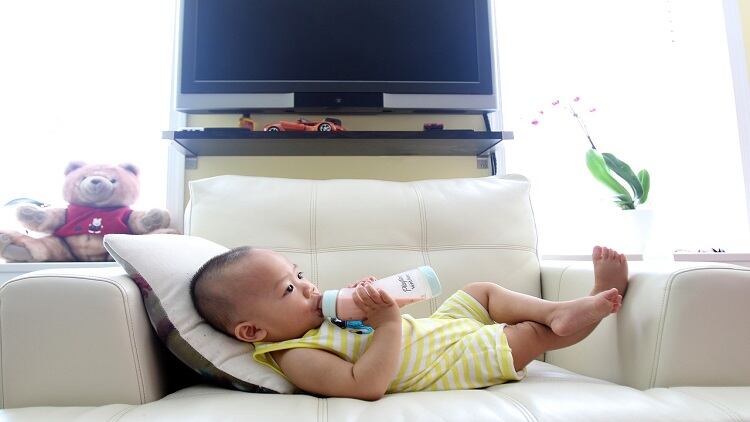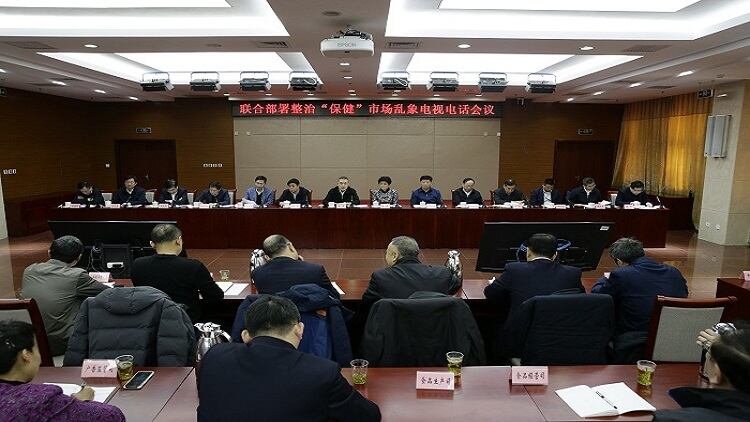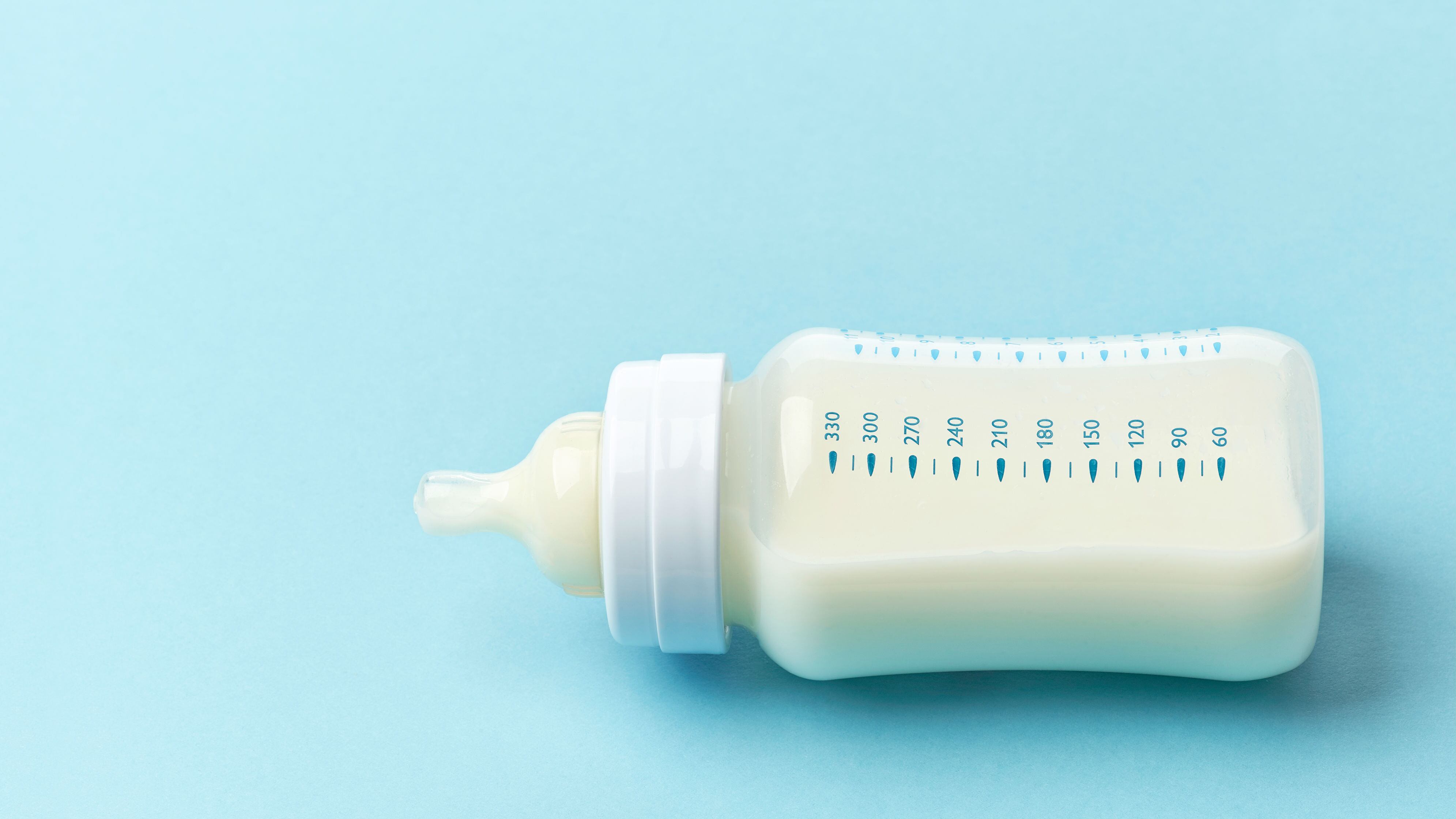The State Administration for Market Regulation (SAMR) Department of Special Food Safety Supervision's deputy head Ma Fuxiang said so during the 2nd edition of the China Dairy Quality Annual meeting, held on January 21.
Ma said that the SAMR took a serious view of the registration process of infant formula powder. Product safety and the scientific evidence presented are key areas of focus.
As such, the SAMR will increase the on-site inspection and sample testing of infant formula, to ensure that the ingredients used in the actual production process are the same as the list of ingredients made known to the SAMR.
In cases whereby there is a lack of scientific evidence, the SAMR will not approve the product registration.
In China, on-site inspection and sampling test are the final stages that firms may need to go through before the product is successfully registered with the authorities.
The regulator also said it would activate a new round of inspections on existing infant formula powder manufacturers.
Thirdly, it will work with third-party experts to review the governing of special food product registration.
“Infant formula powder concerns the happiness of millions of families and country. In recent years, each supervising department used a combination of methods, such as giving out production license, monitoring and supervising, sample testing, and making the information public, to enforce the strictest supervision on the entire production process of infant formula powder,” he said.
Last year, the SAMR has approved the registration of 243 infant formula powder, according to Ma.
Inspections
By the first half of 2018, 108 infant formula producers located in 23 provinces throughout China were inspected by the SAMR for 118 times, Ma said.
During the inspections, the SAMR has found 1,600 types of issues. The inspection results were also revealed to the public.
Ma said that the SAMR had meted out the strictest punishment on non-compliant producers, such as terminating their operation license, issuing fines, and banning the relevant parties from operating in the industry for three to five years.
During the second half of 2018, the SAMR has also arranged its branches in different areas to conduct follow-ups on issues that were previously flagged out, in order to ensure that manufacturers have made the necessary improvements.
In addition, SAMR has strengthen the monitoring of licensed production activities, focusing on the raw food ingredients used, the production methods, and product labelling. In this case, a total of 109 manufacturers were inspected.
“In year 2018, we have actively enhanced food safety mechanisms. The hardware facilities used in infant formula production are on the way to achieving international first class standards.
“(Through the monitoring and inspections), we have implemented a good production standard, and by following international standards such as the HACCP, manufacturers have conducted independent checks and filed reports regularly.
“The quality of infant formula powder has achieved the historical best and (this) is what the industry also agrees with,” Ma said, adding that there was still room for improvement, which would be achieved via more sample testing and on-site inspections.




